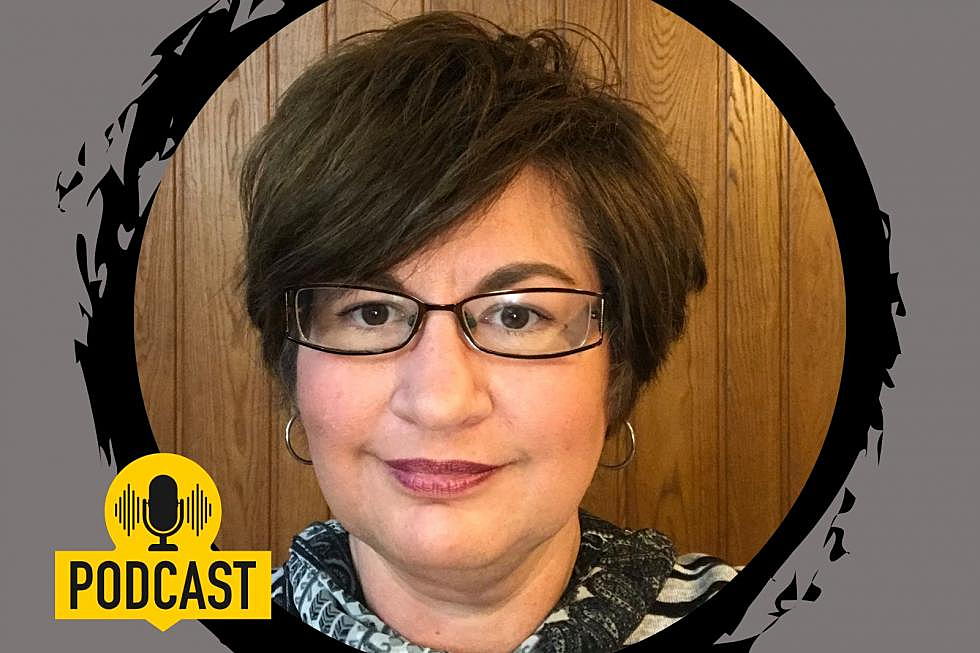
Diagnosing Eating Disorders Part 1 (Shaped by Faith)
I asked my guest Alicia Whear to come on Shaped by Faith to discuss the seriousness of having an Eating Disorder. Alicia shares her personal experience of dealing with Anorexia and give us great insight into the signs and symptoms of eating disorders.
FACT: Eating Disorders are biologically-based brain disorders.
Eating disorders affect people of all genders, ages, races, ethnicities, body shaped and weights, sexual orientations and socioeconomic statuses. Eating disorders are real, complex, and devastating conditions that can have serious consequences for health, productivity, and relationships. They are not a fad, phase or lifestyle choice. Eating disorders are serious, potentially life-threatening conditions that affect a person’s emotional and physical health. People struggling with an eating disorder need to seek professional help. The earlier a person with an eating disorder seeks treatment, the greater the likelihood of physical and emotional recovery.
In the United States, 20 million women and 10 million men suffer from a clinically significant eating disorder at some time in their life, including anorexia nervosa, bulimia nervosa, binge eating disorder, or EDNOS.
For various reasons, many cases are likely not to be reported. In addition, many individuals struggle with body dissatisfaction and sub-clinical disordered eating attitudes and behaviors, and the best-known contributor to the development of anorexia nervosa and bulimia nervosa is body dissatisfaction. By age 6, girls especially start to express concerns about their own weight or shape. 40-60% of elementary school girls (ages 6-12) are concerned about their weight or about becoming too fat. This concern endures through life.
FACT: “Malnutrition, which is found in all Eating Disorders, is a serious medical condition, and nutritional rehabilitation is a fundamental component of treatment."
While the physical symptoms of starvation are fairly obvious, many people do not realize that when the brain becomes malnourished, it negatively affects mood, behavior, appetite regulation, relationships, and can even distort a patient’s perception about their own body weight and shape.
There are so many common misconceptions about Eating Disorders and misinformation out there. Here are the Nine Truths about Eating Disorders.
#1 Many people with eating disorders look healthy, yet may be extremely ill.
#2 Families are not to blame, and can be the patient's and providers best allies in treatment.
#3 An eating disorder diagnosis is a health crisis that disrupts personal and family functioning
#4 Eating disorders are not choices, but serious biologically influenced illnesses.
#5 Eating disorders affect people of all genders, ages, races, ethnicities, body shaped and weights, sexual orientations and socioeconomic statuses.
#6 Eating disorders carry an increased risk of suicide and medical complications.
#7 Genes and environment play an important role in the development of eating disorders.
#8 Genes alone do not predict who will develop an eating disorder.
#9 Full recovery from an eating disorder is possible. Early prevention and intervention are important.
To find out helpful information about Eating Disorders http://www.feast-ed.org/
Theresa Rowe is the Founder of Shaped by Faith, Author of Guideposts’ Shaped by Faith, 10 Secrets to Strengthening Your Body and Soul, a Motivational Wellness Speaker, Health Coach and Host of Shaped by Faith Radio every Friday, Saturday and Sunday at 8:00 am on 99.1 FM and 1490 AM WOMI. Listen: http://womiowensboro.com/listen-live/popup/
More From WOMI-AM









